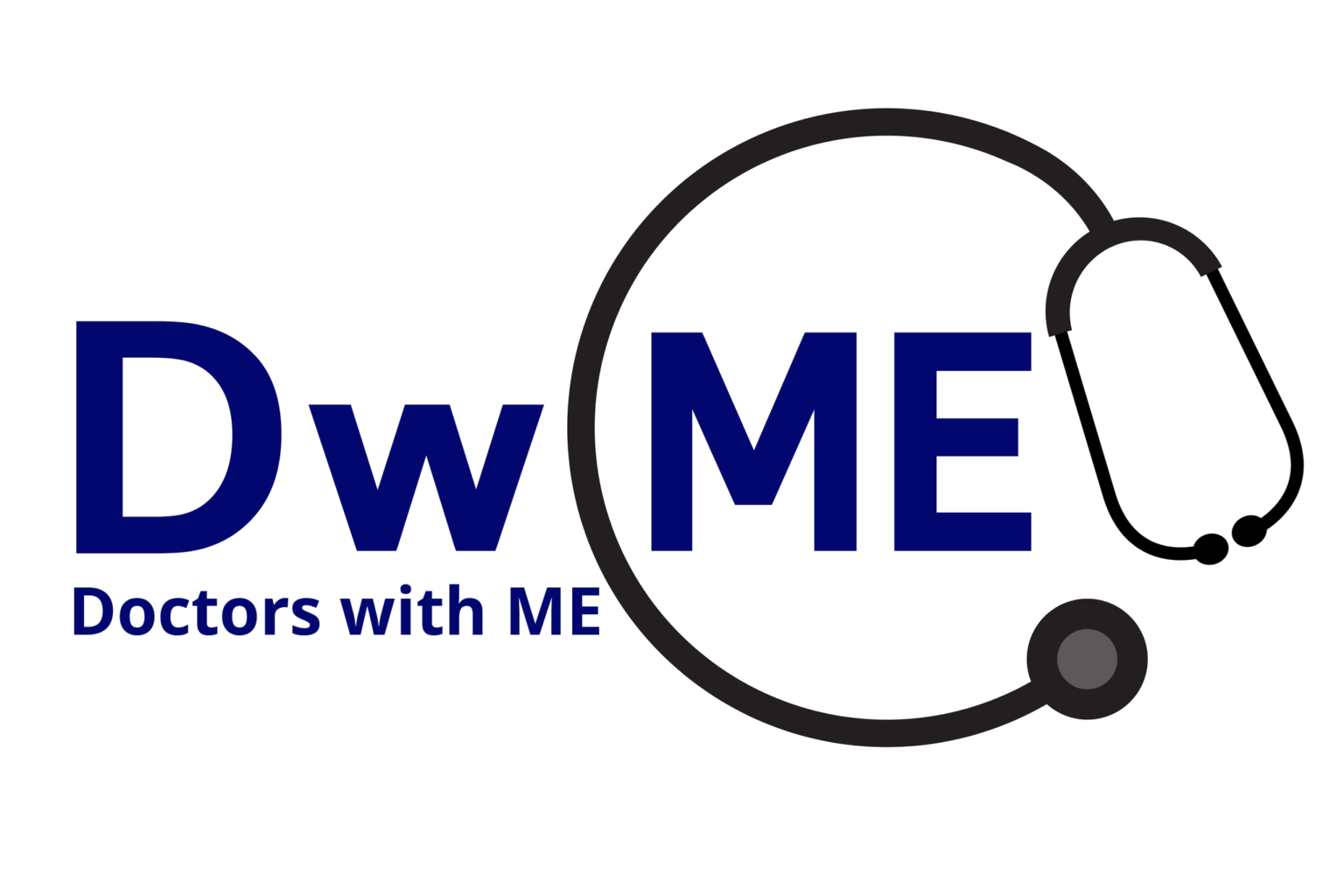Today we announce the Doctors with M.E. Committees and Working Groups structures. These allow our Registrants to participate on ongoing or ad hoc bases, driven by their interests and events. Compliance, legal, policy and practice management professionals are fundamental to driving change. We have thus introduced Compliance and Policy Affiliate registration status, to ensure that all…Continue readingAnnouncing our Committees and Working Groups
Tag: reinsurance
Care should be taken to reassess existing expertise sources in the field of post-viral disease and to distinguish between 1) the marketability or familiarity of expertise versus 2) disproportionate risk of divergence from legally sustainable standards. It is rare for institutionalised medical norms to exclude scientific consensus to the degree witnessed in this field. This…Continue readingExpertise procurement risk and reputational risk – medical and legal
Although the jurisdictional focus is the United Kingdom, direct equivalence can be found in other jurisdictions and markets. The policy, contractual and legal requirements on medical practice and indemnification provision follow a similar structure in most locales: neither official edict, professional body, private contract, the habitual nature of unlawful care nor eminently misinformed obfuscation can…Continue readingJurisdictions and markets (UK and international)
The absolute clarity of the legal status of ME/CFS is of immediate risk management importance, due its statutory, policy and third-party contractual implications frequently being ignored. These stem from habitually unlawful clinical judgement and arbitrarily discriminative administrative treatment that fail to account for the clarity of classification and associated lawful obligations. The absolute clarity of…Continue readingObligation to not negate ME/CFS legal status
The law does not allow clinical judgement to be discriminatory or to breach duties of care – a normally uncontroversial statement with an unusual degree of unmanaged consequences for this field of disease. The law does not allow clinical judgement to be discriminatory or to breach duties of care – a normally uncontroversial statement with…Continue readingUnlawful clinical judgement (flu and covid vaccination examples)
Informed by the scientific, statutory and policy contexts outlined above, the following simple tests of clinical judgement lawfulness further outline lawful policy implementation requirements, mitigating the elevated probability of normalised unlawful clinical judgement in this context. Contrary conclusions constitute unlawful discriminatory implementation of policy, an arbitrary evasion of clear wording, thus discriminating on the very…Continue readingTests of clinical judgement lawfulness
Identically, models cannot excuse discrimination that is substantiated in law. The simple clinical judgement lawfulness tests above apply to the lawfulness of model driven decision-making. Replacing the word “clinician” with “model” in the tests arrives at identical conclusions: a priori assumption of ineligibility/insufficient eligibility of ME/CFS patient cohorts or individuals is unlawful. Identically, models cannot…Continue readingTests of model-dictated eligibility lawfulness (QCovid score example)
Risk management practice in the field ME/CFS and related post-viral disease commonly introduces unmanaged risks and liabilities, due to widespread normalisation of unlawful clinical judgement and prejudicially low standards. This inherently manifests as unlawful suspension of compliance and legal norms. This implies practical disregard for medical law’s status as a field of law, not medicine.…Continue readingIllusion of legal authority vs medical law enforcement
The spectrum of behaviour discussed in this document frequently leads to hazardous distortions that compound risks from unlawful decision-making yet further. These distortions inherently project chains of risk to third parties, who are incentivised to firewall liabilities at the origin in your organisation. Distortions from unlawful decision-making project chains of risks to third parties, who…Continue readingThird party risk to preceding unlawful clinical judgement (therapeutic and assessment examples)
The Freedom of Information Act 2000 affords patients, litigants and the scientific community several routes to highlight policy, reveal shortcomings and to enforce lawful clinical and administrative decision-making. It must be noted that the low and/or prejudicial standards of communication and record keeping that are often normalised in this professional field (link) can be revealed…Continue readingFreedom of Information Act risks – flawed clinical judgement, discrimination and education refusal

